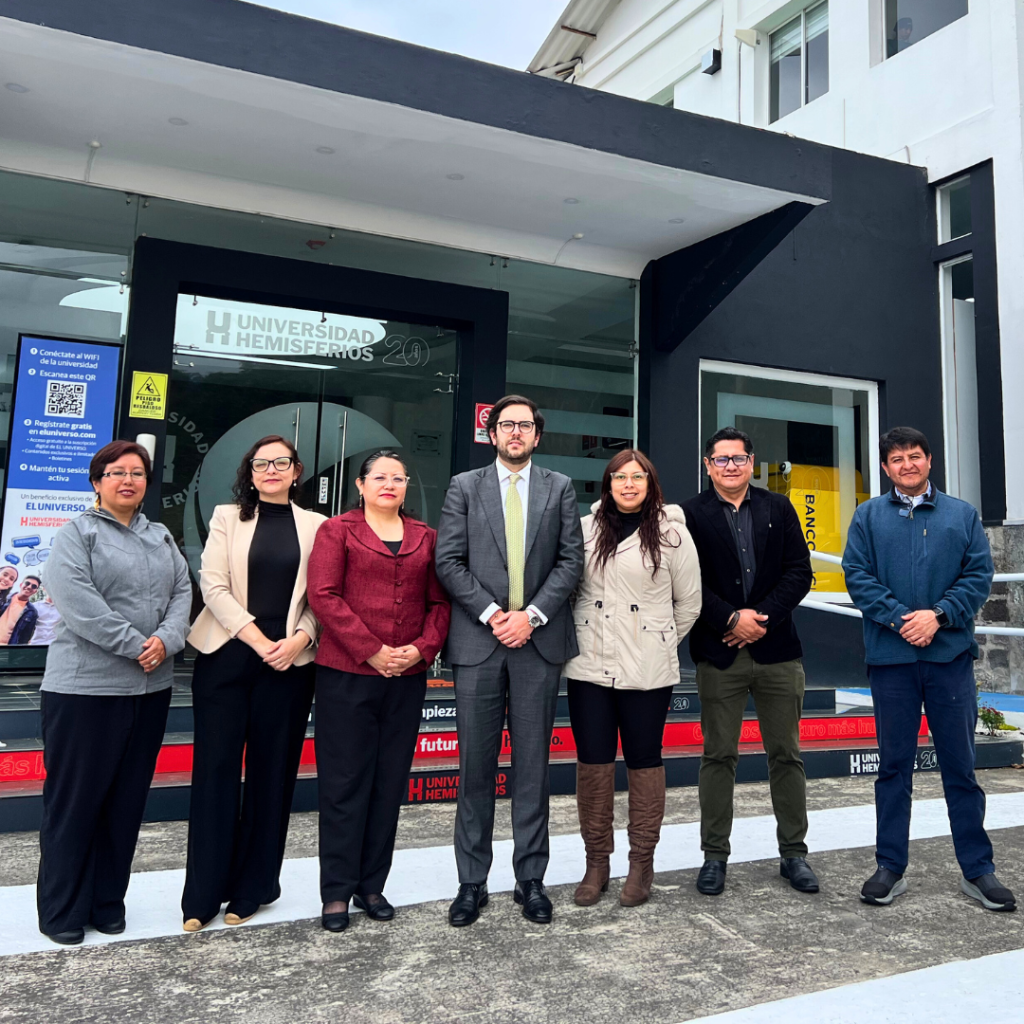In recent weeks there has been much discussion about dollarization, on the 20th anniversary of its implementation. On the one hand, avid defenders of the measure adopted by then president Jamil Mahuad have claimed that dollarization has allowed for both economic and political stability. Likewise, the consumption of Ecuadorian families has not suffered such drastic changes due to the control over inflation, since there is no currency of its own (and therefore the impossibility for the State to print banknotes).
On the other hand, those who criticize dollarization do so on the basis of the social cost it meant for many families, mainly owners of small and medium-sized businesses, who got into debt in dollars and who, due to the exchange rate, needed more sucres to cover their obligations. Another criticism has been the loss of autonomy of the State in its monetary policy and the dependence on the entry of dollars to the economy, so that this model can be sustained.
But beyond the criticisms, to whom do we owe that dollarization has been maintained for 20 years? Well, a couple of days ago, on a subway train in Madrid, I overheard a conversation between two women between 35 and 45 years old talking about their work schedules, from Monday to Sunday, in several houses and with only 15 minutes to go from one place to another, with just a few minutes on the way to eat a "sandwich" and only resting on Saturday and Sunday afternoons. They barely have time to see their children, who despite having studied, still depend on them, due to the complex situation in both Spain and Ecuador.
One of them indicated that she has a daughter in Ecuador and that, although she is still studying, it has not been easy to keep the distance between them, and that another offspring, of whom one of the mothers disowned, wants to continue studying a technical career before going to work. I imagine that stories like these have been repeated since about 22 years ago, when one of the most important migratory waves from Ecuador began, which led to approximately 3 million compatriots living in Spain, Italy and the United States, looking for the opportunities they did not have in the country.
Rather than remembering, analyzing or commemorating every January 9, we should keep in mind those who, with their efforts from Monday to Sunday, were able to sustain the income of dollars so longed for by State officials in order to maintain dollarization. Without stories like those of the Madrid subway, or of some place in Milan, or of some New York restaurant, perhaps today we would be talking about another story, trying to point out the demons of dollarization and not looking for their saints; although it is clear that, of those saints, the great majority are still doing their magnificent work outside the country's borders.
Juan Francisco Camino





